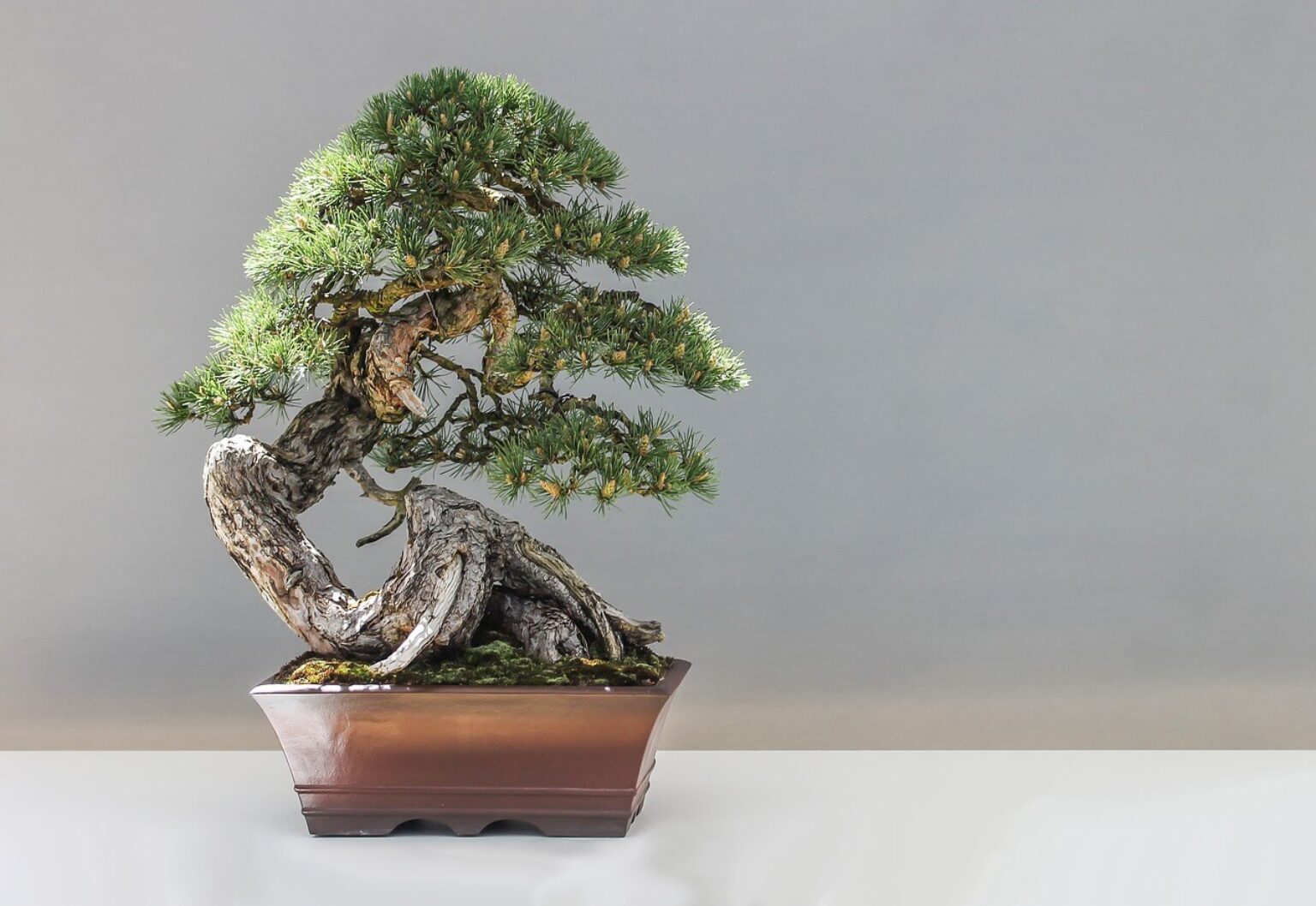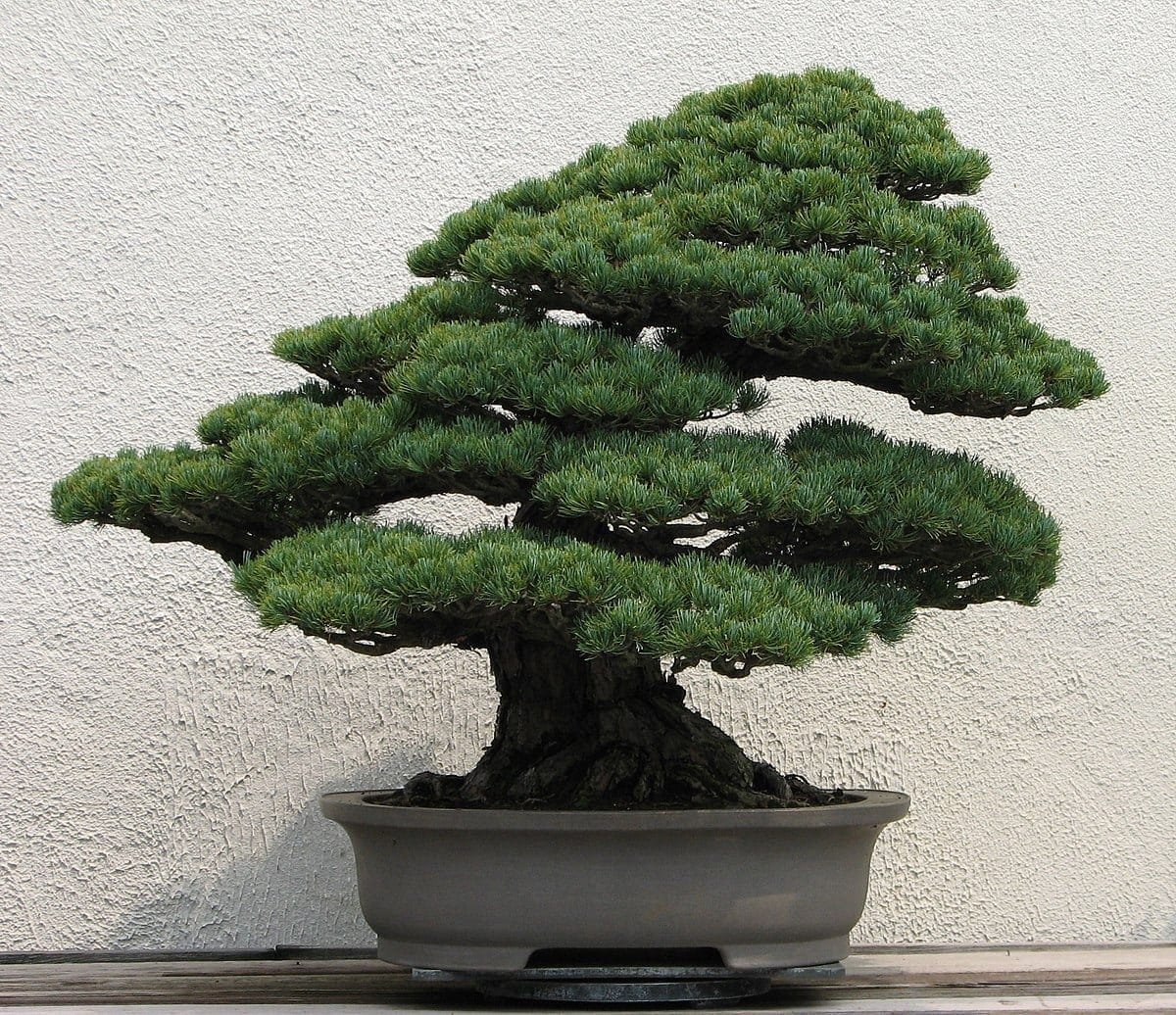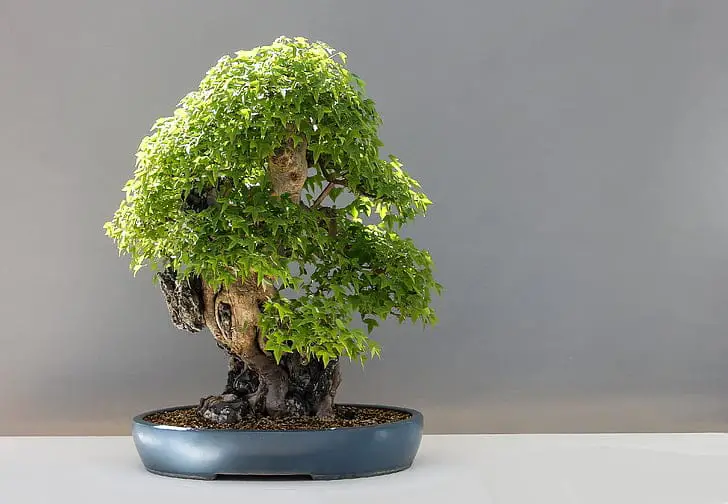Symbolism and meaning of bonsai trees what do they represent
Table of Contents
Table of Contents
Bonsai trees have been long admired for their beauty and cultural significance. They are not just miniature trees, but they hold a deeper meaning and symbolism. In this article, we will delve into what do bonsai trees represent and related keywords.
Pain Points
When it comes to bonsai trees, some people might consider them as a hassle or too much work to take care of. Others may feel intimidated to shape and prune the trees to keep them looking beautiful. However, for those who take the time and effort to care for them, bonsai trees can bring a sense of tranquility and peace into their lives.
Bonsai Trees and Their Meaning
Bonsai trees, in Japanese culture, are seen as symbols of harmony, peace, and balance. The word “bonsai” itself means “planted in a container” in Japanese. The practice of cultivating these beautiful miniature trees has been around for centuries and is believed to have originated in China over a thousand years ago. Bonsai trees are not just a hobby, but a form of art that requires patience, dedication, and devotion. They represent the beauty of nature distilled and contained within a small space.
Main Points
To summarize, bonsai trees represent harmony, peace, and balance. They require dedication, patience, and devotion to cultivate properly. They are not just miniature trees, but a form of art that captures the essence of nature. Bonsai trees can also bring a sense of tranquility and peace into people’s lives.
Personal Experience
I have always admired the beauty and uniqueness of bonsai trees. When I received my first bonsai tree as a gift, I was initially intimidated by the amount of care it required. But as I dedicated time and effort into caring for it, I found the process to be incredibly rewarding. Watching the tree grow and change over time was a meditative and peaceful experience.
The symbolism of bonsai trees also spoke to me on a deeper level. As someone who values balance and harmony in my life, having a tangible representation of those concepts in my home brought a sense of calm and contentment.
Bonsai Trees and Their Benefits
Aside from their cultural significance and beauty, bonsai trees have other benefits as well. They are great stress-relievers and can help lower blood pressure and heart rate. Caring for bonsai trees can also be a form of meditation, helping to clear the mind and reduce anxiety.
Bonsai Trees and Their Care
Caring for bonsai trees requires patience and dedication. Proper care includes watering, pruning, and shaping. The type of care required depends on the specific species of tree, so it’s important to do research and ask for advice when first starting out. Bonsai trees require specific soil and should be planted in shallow containers to limit their growth. Regular fertilizing is also necessary to maintain the health and beauty of the tree.
Bonsai Trees and Their Varieties
Bonsai trees come in many different varieties, each with its own unique characteristics and beauty. Some popular species include the Japanese Maple, Juniper, Ficus, and Pine. Each species requires different care and techniques to keep it healthy and looking its best.
A Personal Story
When I first began caring for bonsai trees, I found the process to be daunting. But as I learned more about the species and proper care techniques, I found that it became a calming and meditative practice for me. The act of shaping and pruning the tree allowed me to focus on the present moment and forget about any stresses or worries I had. It also gave me a sense of pride and accomplishment to see the tree grow and thrive under my care.
Question and Answer
Q: What type of soil should be used for bonsai trees?
A: Bonsai trees require well-draining soil that is rich in nutrients. A mixture of sand, peat moss, and perlite is a good option.
Q: How often should I water my bonsai tree?
A: The frequency of watering depends on the species of the tree and the environment it is in. Generally, bonsai trees should be watered when the soil feels slightly dry to the touch.
Q: Can any tree be turned into a bonsai tree?
A: Most trees can be turned into bonsai trees, but some species are better suited for the art form than others. It’s important to choose a species that is hardy and can survive in a container.
Q: What cultural significance do bonsai trees hold?
A: In Japanese culture, bonsai trees are seen as symbols of harmony, peace, and balance. They are often regarded as works of art and can be found in traditional Japanese artwork.
Conclusion of What Do Bonsai Trees Represent
Bonsai trees are more than just miniature trees. They are a form of art, a symbol of harmony, and a representation of nature distilled into a beautiful container. While cultivating and caring for a bonsai tree requires dedication and patience, the benefits it brings are well worth the effort. From stress relief to a sense of tranquility, bonsai trees have much to offer. Whether you’re a seasoned bonsai enthusiast or just starting out, these beautiful trees are sure to captivate and inspire you.
Gallery
What Does The Bonsai Tree Symbolize? - Symbol Sage

Photo Credit by: bing.com / symbolize
Bonsai Tree Free Stock Photo | FreeImages

Photo Credit by: bing.com / bonsai ginseng ficus tree care plantas freeimages microcarpa para benjamina salvo escolha pasta easy made
This Bonsai Tree Recently Sold For ¥1,800,000 : Pics

Photo Credit by: bing.com / bonsai tree sold recently
How To Make A Bonsai Tree | Bonsai Tree Gardener

Photo Credit by: bing.com / bonsai tree
Symbolism And Meaning Of Bonsai Trees: What Do They Represent? - Love For Bonsai

Photo Credit by: bing.com / bonsai symbolism meaning






